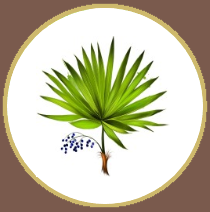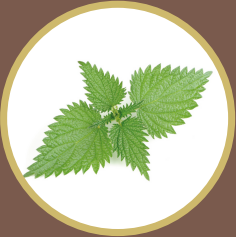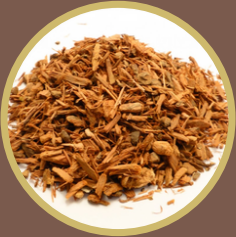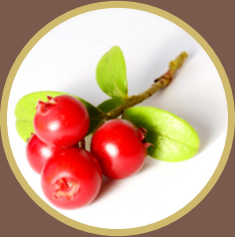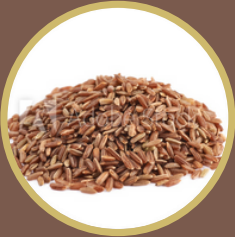PROSTEMAN
effective composition for prostate care
6 active substances
high concentration of natural extracts
maximum effect
6 effective active ingredients in 1 capsule
- Support healthy prostate function
- Support the normal function of the urinary system
- Reduce inflammation
- Regulate testosterone levels
| PROSTEMAN | 1 CAPSULE |
| Saw palmetto extract | 200,0 mg |
| Nettle leaf extract | 80,0 mg |
| Bearberry extract | 50,0 mg |
| Pygeum africanum extract | 50,0 mg |
| Beta sitosterol | 30,0 mg |
| Zinc | 15,0 mg |
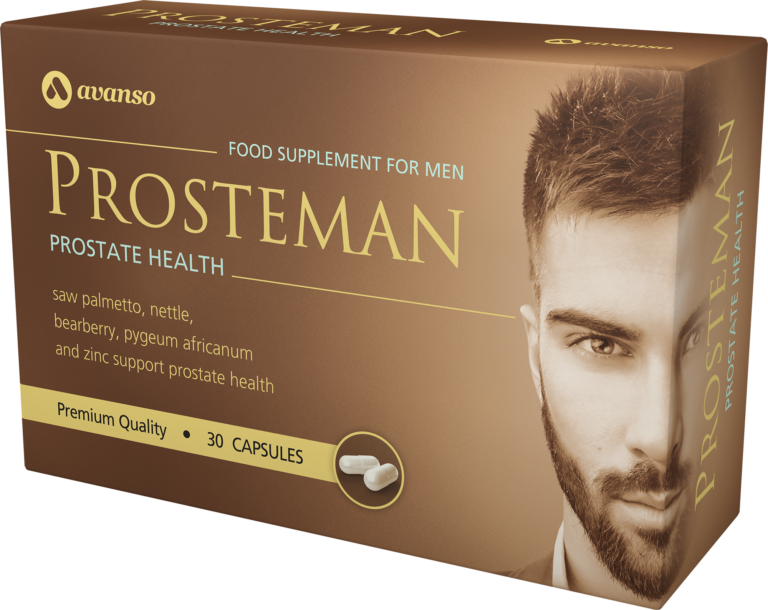
Natural & effective solution
Prosteman provides comprehensive care for the male prostate. It contains effective plant extracts of saw palmetto, stinging nettle, bearberry, pygeum africatnum, beta-sitosterol, zinc.
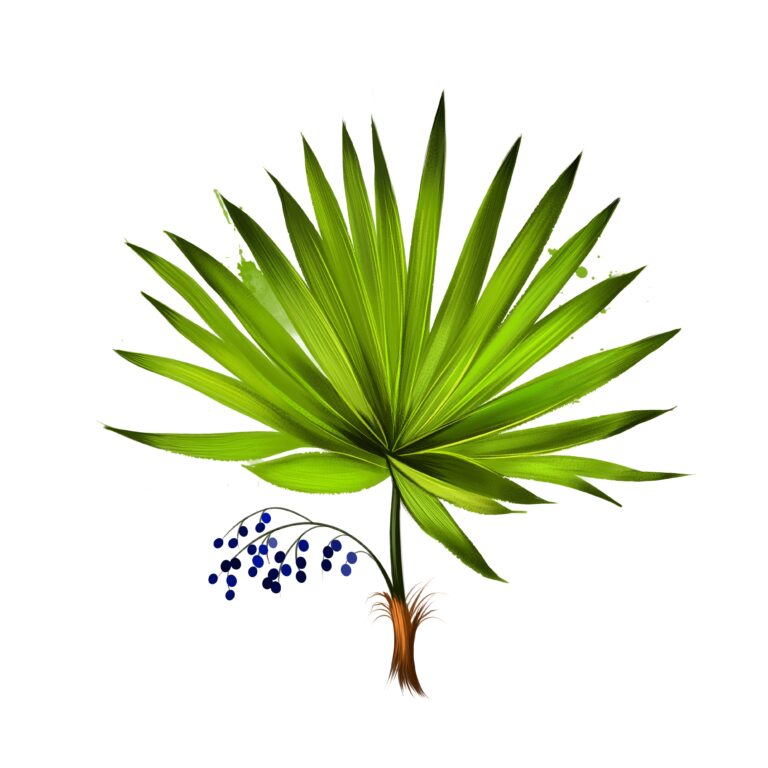
Saw Palmetto
Saw palmetto is a plant with a long history of human use. It is a small palm with finely serrated leaves and dark red fruits growing in Florida and elsewhere in the subtropics. From the fruits, which are 100-400 on one plant, juice is produced. For the production of the extract, dried berries are used. Saw palmetto’s active ingredients include fatty acids (caprylic, lauric, palmitic, oleic, myristic, stearic acid and their esters).
It also contains triglycerides, phytosterols (β-sitosterol, stigmasterol, campesterol, daucosterol), flavonoids and polysaccharides, which may reduce inflammation or strengthen the immune system. It was found that the active substances in the fruits inhibit the production of the enzyme 5-α-reductase. This enzyme ensures the conversion of the male sex hormone testosterone into dihydrotestosterone (DHT).
DHT is very important especially during puberty for the natural development of the male body, but on the other hand it is also involved in many male health problems. These typically include an enlarged prostate, problems with the urinary system, hair loss or loss of libido. Taking dietary supplements containing saw palmetto fruit or its extract can prevent or reduce the production of DHT, thereby reducing or completely avoiding the abovementioned problems. These problems are typical for middleaged and older men. Saw Palmetto helps to limit further enlargement of the prostate and worsening of bladder difficulties. It is also used as an antiseptic (against inflammation).
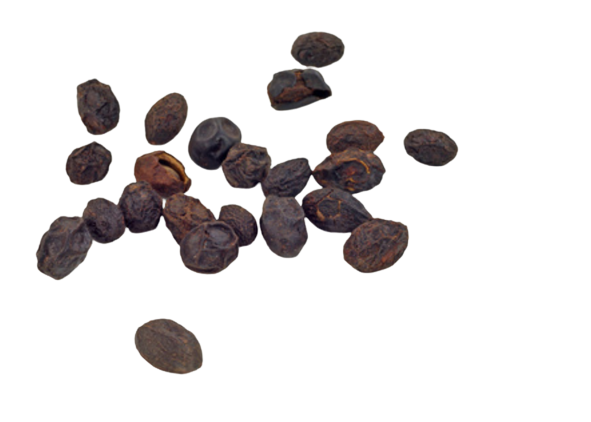
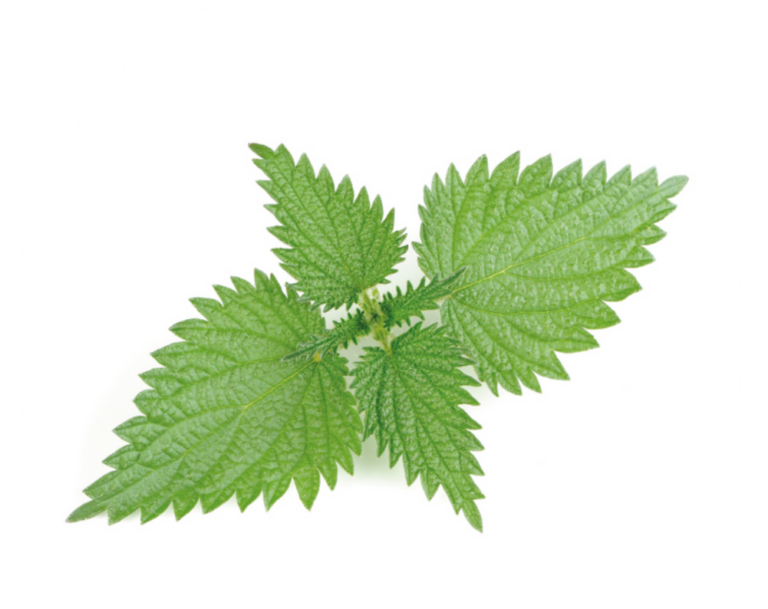
Stinging nettle
Stinging nettle (Urtica dioica) has been a staple in herbal medicine since ancient times. The leaves have hair-like structures that sting and also produce itching, redness and swelling. However, once it is processed into a supplement stinging nettle can be safely consumed and provide many health benefits. Nettle leaf is a rich source of antioxidants, vitamins, calcium and other minerals, amino acids and fats.
Stinging nettle is used widely in Europe to treat BPH. Studies in people suggest that in combination with other herbs (especially saw palmetto), stinging nettle may be effective at relieving symptoms of BPH, such as reduced urinary flow, incomplete emptying of the bladder, post urination dripping, and the constant urge to urinate.
This is most likely due to the chemicals in nettle that affect the hormones that cause this condition. Stinging nettle is also used as a successful general diuretic and can help urine flow as well.
Bearberry
Bearberry is extremely rich in a wide variety of phytochemicals like gallic acid, ursolic acid, tannic acid, resin, flavonoids and hydroquinones among other substances. These powerful organic compounds impact the body’s organs in several ways, making this a potentially valuable herbal remedy for many people. Hydroquinone is an extremely powerful antibacterial compound believed to be highly efficient in treating urinary tract infections.
Bearberry can be used for relief of symptoms of mild, recurrent infections in the lower urinary tract, such as a burning sensation when passing urine and/or frequently passing urine. Bearberry is also known for its diuretic properties, meaning it can help flush out fluids from the body, reducing swelling and lowering the presence of pathogens in the process.
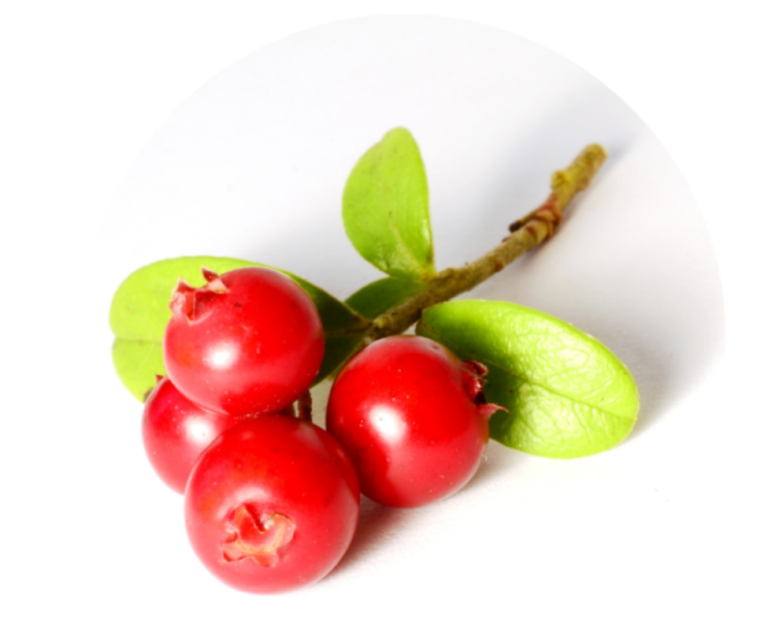
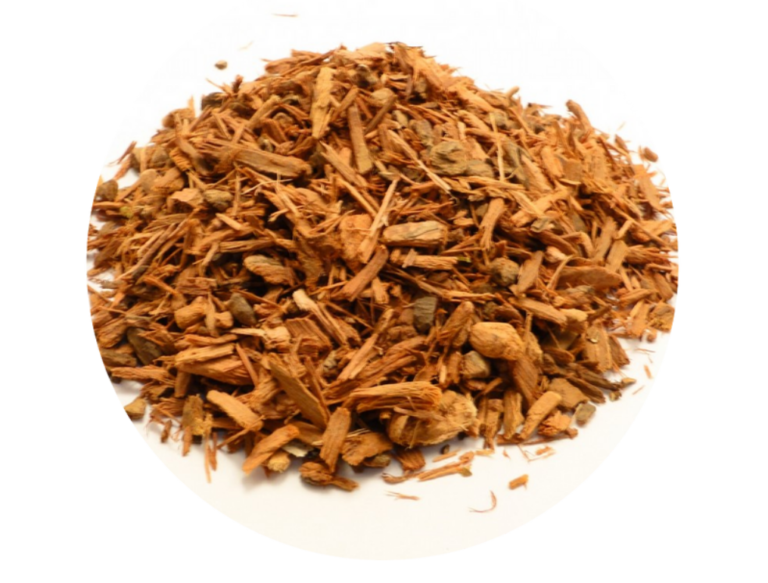
Pygeum Africanum
Pygeum is an herbal extract taken from the bark of the African cherry tree. The tree is also known as the African plum tree, or Prunus africanum. Pygeum africanum is rich in phytosterols, fatty acids, pentacyclic triterpenes, and esters of ferulic acid. Phytosterols are compounds found in plants that are structurally similar to cholesterol. The variety of fatty acids found in pygeum include saturated fatty acids and unsaturated omega fatty acids.
Pygeum is commonly used in the treatment of Benign Prostatic Hyperplasia (BPH), as it provides relief from the urinary problems caused by enlarged prostate. It improves urinary flow, decreases bladder residual volume, decreases nocturnia (urination at night) and daytime urination frequency. The phytosterols found in pygeum africanum have anti-inflammatory effects inhibiting inflammation in the prostate.
Beta-sitosterol
Beta-sitosterol is a plant substance known as a phytosterol. Phytosterols are similar in structure to cholesterol. It can help naturally lower cholesterol and potentially lower the risk for developing heart disease. Beta-sitosterol is also used to reduce
symptoms associated with benign prostatic hyperplasia.
Beta-Sitosterol inhibits activity of 5-alpha-reductase to work against urinary issues, pelvic pain, enlarged prostate due to benign prostatic hyperplasia and other localized difficulties that men with or without an enlarged prostate often experience.
Beta-Sitosterol has also been shown to reduce inflammation of the prostate and the volume of residual urine in the bladder.
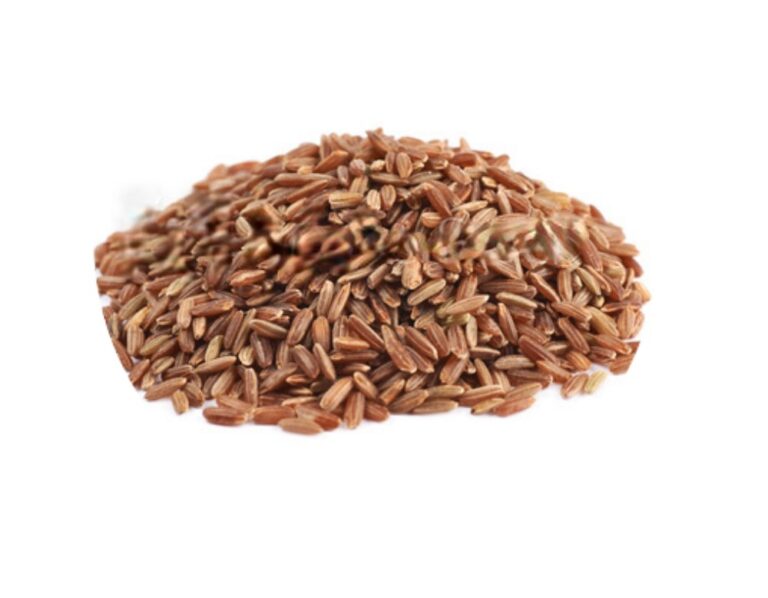
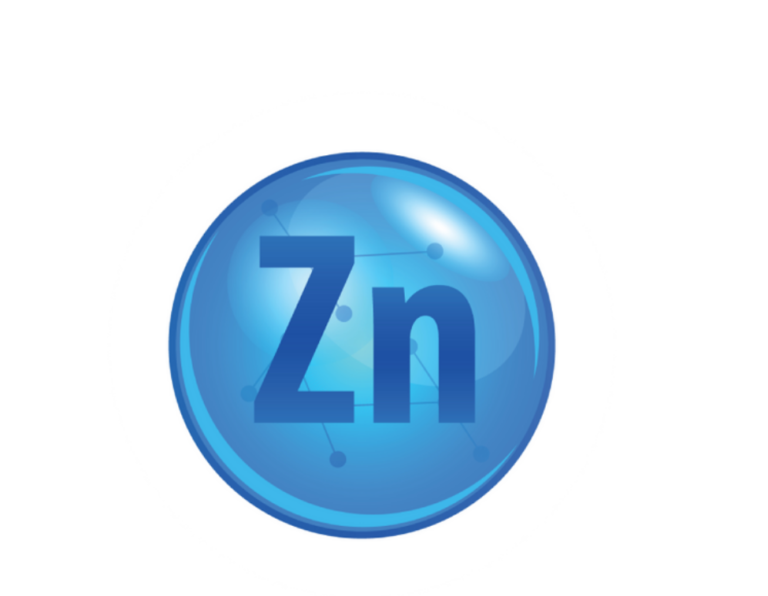
zINC
Zinc is a mineral that is essential for a number of biological processes taking place in the body. It is an essential trace element every human cell needs. However, the prostate accumulates more zinc than any other part of the body, except for our bones. The prostate gland stores zinc, which not only prevents prostate enlargement but may also help to shrink a prostate gland that’s already swollen.
Zinc helps to balance testosterone and DHT (dihydrotestosterone), the two hormones that stimulate prostate cell growth. Zinc is a key nutrient for a healthy prostate as low levels of zinc have been seen to increase the likelihood of developing BPH. Zinc can also lower the risk of infection, which is important for good immune function and cell repair.
